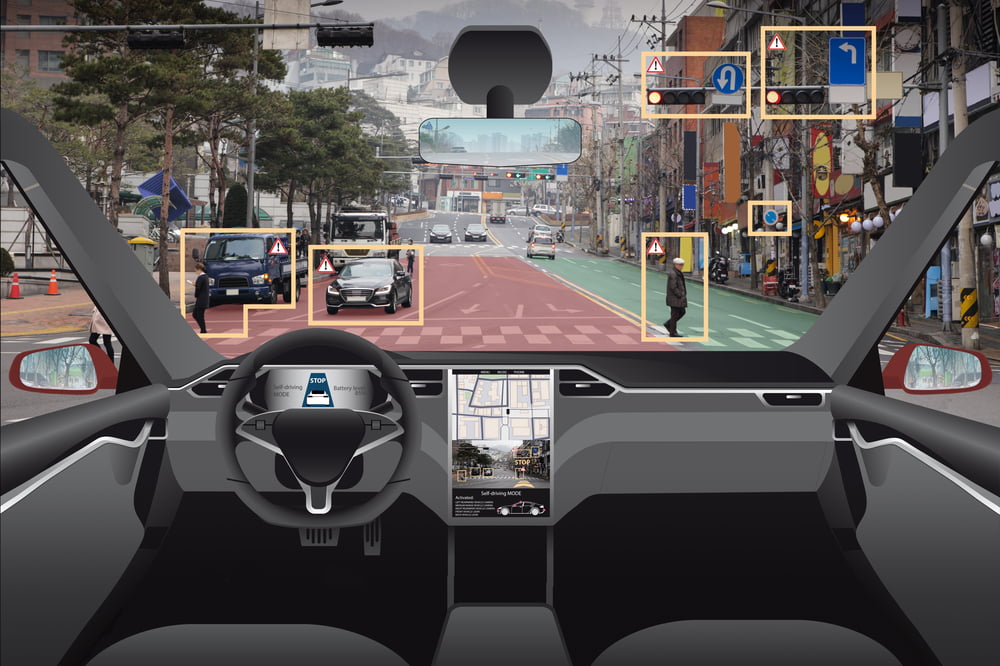Driverless vehicles have proven to be an interesting, albeit somewhat worrisome trend. Especially when it comes to drafting new regulations and guidelines for such vehicles, the topic has proven to be rather controversial. In China, the first draft of national rules pertaining to testing autonomous vehicles has been presented to the public. There is still plenty of room for improvement, but the main objective is now to collect feedback from industry experts.
Legislating Autonomous Vehicle Testing in China
The first draft of the rules offered by the Ministry of Transport, Ministry of Public Security, and other institutions is a big step forward for China. Unlike what most people would have expected, there are no plans to ban the testing of autonomous vehicles in this country. Instead, the government wants to maintain an open mind toward this type of technology and its societal impact. It is only normal that some form of regulation will be put in place.
More specifically, the autonomous vehicles driving on public roads across China will need to adhere to some strict rules. The proposal includes specific testing requirements for drivers, cars, and companies. Additionally, sections of roads will be classified based on whether or not they can be used for the testing of driverless vehicles. Not every public road will be deemed safe enough for these practices, let alone the busier roads which commuters pass through on a daily basis.
Although this is only a first draft, it is expected that the finalized Chinese regulations will be ready by the end of 2018. At the time of writing, there was no official deadline or schedule in this regard. Autonomous cars and the tests associated with this nascent industry are a “key sector” for the Chinese government as of right now. It is only normal that officials would want to ensure that proper guidelines are in place as quickly as possible. Becoming the global leader in innovation will not be easy without a proper regulatory framework in place.
Moreover, there will be a lot more focus by city regulators on driverless vehicle tests moving forward. Ever since Baidu CEO Robin Li drove a driverless vehicle with his hands off the wheel last July, much debate regarding this new technology has ensued. An open dialogue is critical to ensure that driverless vehicles are properly tested on China’s roads before they are brought to market. Beijing is the first city to allow such road tests, but other cities are expected to follow.
It seems the first section of road designated for driverless vehicle testing in China will be located in Yizhuang, a town located in the Daxing district of Beijing. So far, this has not been officially confirmed by sources close to the matter, but a fair few signs point in that direction. A proper environment will be constructed for these tests, including traffic signals, lane markings, and signs. It will be interesting to see what this particular test turns up when everything is said and done.
In the end, it is positive to see China’s government acknowledge the potential of driverless cars. Using unified standards is beneficial for all parties involved and will help accelerate the development of such vehicles moving forward. If everything goes according to plan, the first self-driving vehicles will hit the road by 2020, although that timeline is subject to change. Once the regulatory hurdles are overcome, the real work can finally begin.

